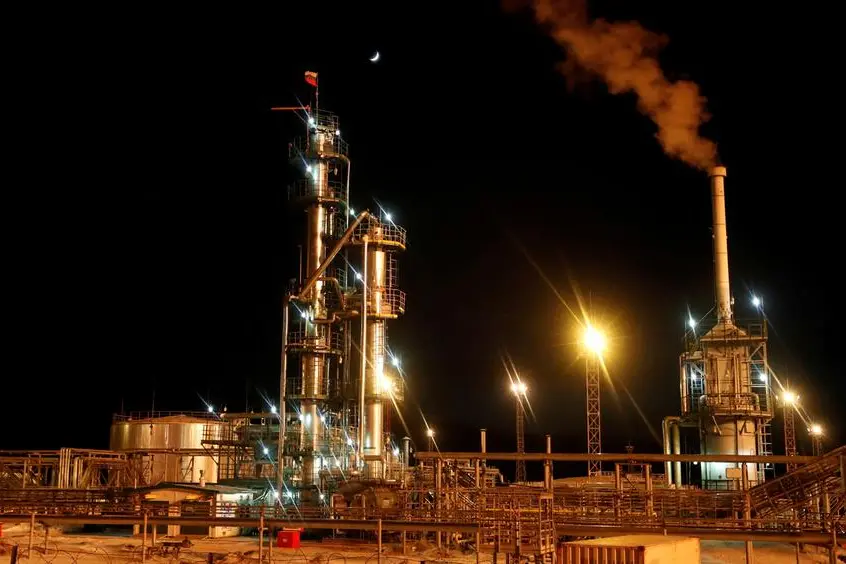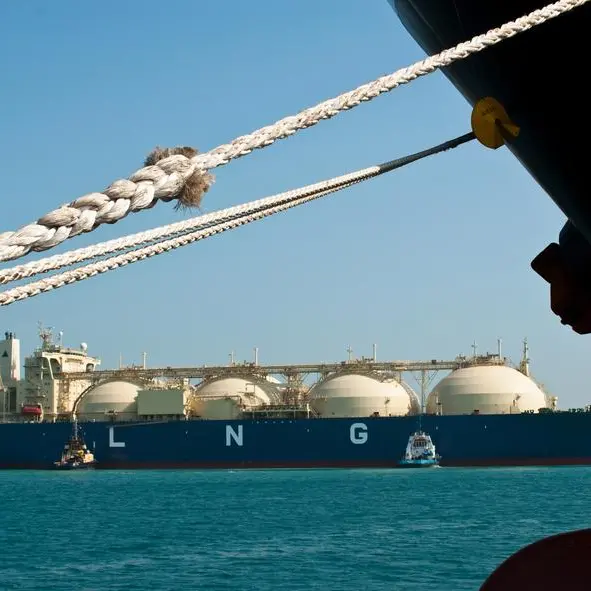PHOTO
SINGAPORE/LONDON: A plunge in Brent crude prices has narrowed the spread between Atlantic Basin and Middle East benchmarks but has failed to spur interest from Asian refiners, which are instead buying up discounted Russian oil, leaving an overhang in African supply.
Global oil benchmark Brent tumbled more than 10% over the past two weeks, touching a 15-month-low of $70.12 a barrel on Monday, as investors have fretted over banking sector turmoil in the U.S. and Europe and as strikes in France have dented oil demand.
Middle East crude prices in Asia appear to be resilient as the market bets on robust demand from China, which is rebounding from zero-COVID restrictions that formerly squeezed its economy.
The Brent-Dubai Exchange for Swaps (EFS), representing the premium of light sweet Brent over Middle East sour crude Dubai, shrank to $1.40 a barrel this week, its narrowest in more than two years.
A tighter EFS typically means Brent-linked crude produced in the Atlantic Basin, including from West African countries, becomes more economical for Asian buyers.
But traders have not seen a significant uptick in Asian demand for West African crude, because the cargoes remain much more expensive than Russian oil, even though they have gained competitiveness over Middle Eastern crude.
With Russian crude so cheap, a move of a few dollars on Brent-Dubai EFS or even freight would not make a difference, other than providing Chinese buyers with a tool to drive prices lower, said a West African crude trader.
Russia's light sweet ESPO crude for May delivery is traded at a discount of about $6.80 a barrel against the ICE Brent on the deliver-ex-ship (DES) basis to northern China, trading sources said. Meanwhile, Congo's Djeno, a medium sweet crude favoured by Chinese refiners, is assessed at a premium of $1.50 a barrel above ICE Brent for May delivery on DES basis.
The pattern is similar in India, where Russian crude is delivered at discounts to Dubai quotes while West African oil is loaded at parity or a slight discount to dated Brent, an Indian trader said.
Russia became the top crude supplier to China and India in recent months, eroding the market share of other suppliers such as West African countries.
Just over 30 million barrels of West African crude have been loaded for Asia in March, the smallest volume since 2014 or earlier, shipping data from Refinitiv and Kpler showed.
The slowing exports of West African crude are exacerbating a supply overhang in the West of Suez market and weighing down the Brent prices that the West African grades are pegged to.
On Tuesday, about 20 million barrels of Nigerian crude for April loading were still unsold, just as the trade cycle for May cargoes was about to kick off. About four April-loading Angolan crude cargoes were also awaiting buyers.
In the past three months, Nigeria has exported around 42 million barrels of crude on average each month while Angola's average monthly exports have been around 33 million barrels.
(Reporting by Muyu Xu and Florence Tan in Singapore and Noah Browning and Alex Lawler in London; Editing by Bradley Perrett)





















